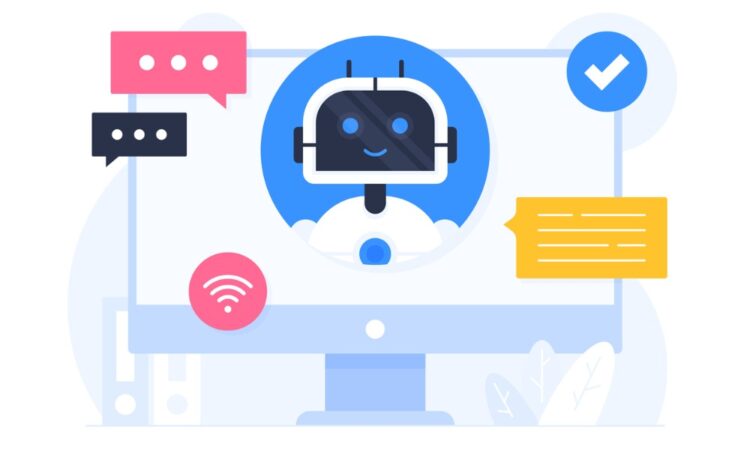
Selecting the right AI chatbot for your business needs careful evaluation across several key performance criteria. Testing each area thoroughly before deployment can prevent customer experience issues down the line.
Accuracy and understanding
The most fundamental measure of an AI chatbot is its accuracy in comprehending user inputs and providing relevant responses. During the testing phase:
- Enter customer queries using different phrasing and syntax to gauge how well the chatbot interprets semantic meaning and intent behind the words.
- Track statistics on how often the chatbot needs to hand off conversations to a human agent when confusion arises. This will give a better understanding of real-world accuracy once the chatbot is live.
- Evaluate the capabilities of the natural language processing engine powering the AI, and any pre-training it has received for your industry vertical.
Integration and deployment
A prime consideration is how readily the AI chatbot can integrate with your existing tech stack and workflows:
- Test integration with backend systems like your CRM, ticketing, or e-commerce platform. Assess if strong connectivity is provided out-of-the-box or requires custom development work.
- For customer-facing bots, determine ease of deployment across web, mobile, and popular messaging channels.
- Assess project timelines, complexity, and internal resources required for integration.
Conversational abilities and CX
Beyond accuracy, the chatbot must demonstrate polished conversational skills:
User experience
- Act as an end-user when testing the chatbot, evaluating how natural and conversational interactions feel.
- Initiate multi-turn dialogues with follow-up questions to assess contextual awareness.
- Check if it provides personalized interactions using available customer data.
Sentiment analysis
- Examine the platform’s capabilities for detecting sentiment, frustration, urgency, etc behind user messages. This enables proper escalation or prioritization when needed.
- Confirm the chatbot has fallbacks in place for handling miscomprehension or visitor irritation. Aim for seamless hand-offs to human agents when required.
Other key evaluation criteria focus on security, analytics, and performance:
Data security – Rigorously vet the platform’s security provisions including encryption, access controls, and cybersecurity protocols.
Reporting and analytics – Verify the dashboards and reporting provide the metrics you need to judge ROI and optimize the AI.
Scalability and availability
- Load test for expected concurrent users and confirm speed and accuracy don’t degrade.
- Evaluate uptime guarantees and failover capabilities to ensure continuous availability.
Additional factors to weigh
Some other important considerations when reviewing an AI chatbot include:
- Compliance – Ensure adherence to all regulatory and data privacy rules for your jurisdiction and industry.
- Accessibility – Test omni-channel performance and optimization for different devices.
- Cost – Do a complete TCO analysis weighing licensing, integration, training, and ongoing costs.
- Vendor support – Review the vendor’s experience, client portfolio, roadmap, and customer service record.
- Customization – Determine the ease of adapting the AI to your unique workflows and use cases.
Evaluating AI chatbots against these criteria gives clarity on their suitability and prevents rollout risks. Key measures should top the list when reviewing options. Vendors welcoming thorough proof-of-concept testing are best positioned for successful deployments. According to the reviews from https://mysincerereviews.com/, with rigorous evaluation of chatbot intelligence and design, businesses can leverage AI-powered conversations effectively across customer touchpoints.
